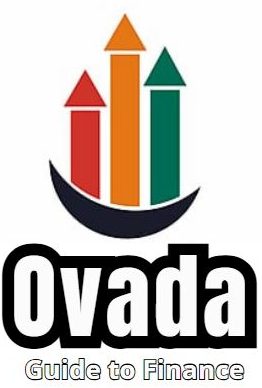
In the world of in full expansion digital technology, NFT revolutionize the way we perceive digital property. This article will help you better understand the concept of NFT, how they are created, how you can buy one and more precious information!
Definition of the concept of NFT
NFT, or non -functional token, is a type of digital token that is based on blockchain technology and is used to certify the uniqueness and ownership of a certain digital resource. The NFT have a specific code, which gives their uniqueness and cannot be replaced directly with other tokens.
NFT trading is carried out via Blockchain, which allows the verification and guarantee of authenticity and digital properties. These can be a wide range of resources, from works of art and music, to real estate and virtual identities.
NFT play an important role in the digital economy because they offer new possibilities for digital content creators. These allow the direct sale of digital works, without requesting an intermediary.

History and evolution of the NFT
NFTS, or token not working, began to take shape in 2015, with the development of the Ethereum platform and the financial market of the cryptocurrency. This was possible due to Ethereum’s ability to include further data in its transactions, thus creating the premises for a new type of digital property. However, the concept remained relatively obscure until 2017, when Cryptokitts was launched, one of the first and most famous NFT.
Since the cryptokitties have been launched, the NFTs have evolved and diversified, used in a variety of fields. For example, digital works of art have become a large area for NFT, with works of art sold for impressive amounts. Music, sports collections and many other categories have started using NFT, contributing to the increase in popularity and their value.
Although they have changed the way we perceive digital property, the NFT have also brought some significant problems. One of the major challenges is the impact on environment-nft transactions consume a large amount of energy and contribute to climate change. There are also copyright problems, Cu Many works of digital art have been sold as NFT without the artist’s permit.
How are they created and how to buy an NFT?
The creation of a NFT, or «minting» is a process that provides specific passages. The first step is to choose a digital portfolio, which will store the NFT. There are a variety of available digital portfolios, including Metask, Trust Wallet and Coinbase Wallet.
After choosing a digital wallet, the next step is to choose a mentality platform. Ethereum is the most popular platform for the creation of NFT, but there are other options such as Binance Smart Chain. Find out which banks in Romania accept cryptocurrency.
After choosing the platform, load the work of art or digital resources you want to transform into NFT. The mining process is completed when activating the platform extraction option and confirms the transaction.
The creation of a NFT involves some costs, known as «gas taxes». These commissions are paid to the blockchain network to process the transaction. The cost of these taxes may vary according to the platform used and network traffic. For example, taxes on the Ethereum network can be higher when the network is crowded.
The purchase of an NFT is a relatively simple process. The first phase is the setting of a digital wallet and loads it with cryptocurrencies. So you have to browse an NFT market, like Opensea. On these markets, you can search specific NFT, view digital art portfolios and make offers or purchases.
However, it is important to be aware of the risks associated with NFT, such as crypt scams. Price volatility is an important risk factor, because the value of an NFT can change quickly. Not only to buy it in the idea that you will sell it more expensive in the future. It is not advisable to buy a NFT only that you have heard a star or influencer that recommends it, above all because there is a great possibility that that person has received money to promote that NFT.
NFT uses and applications in different sectors
Digital artists have faced copyright and unauthorized copyright problems. With the NFT, they can now sell art work as a non -functional token, while maintaining copyright and receiving some of the subsequent sales.
In the musical industry, the NFTs have opened new opportunities for artists. Now they can sell musical records, concert tickets or even property rights on a NFT piece.
In the video game sector, the NFT add a new level of rarity and value to the objects in the game. Users can now buy and own unique objects, such as weapons, characters or land, in the form of NFT.
The future and prospects of the NFT
The impact of the NFT on the digital economy is already outlined in various sectors. They change the way we carry out transactions in the digital world, allowing the unique and transferable property of digital goods.
As the use of the NFT will grow, there are challenges relating to regulations and legal aspects. A clearer legal framework is needed to regulate digital properties and guarantee copyright protection. This could include the copyright law, the contract law and the property law.
Despite the challenges, the NFTs are expected to become a more common part of our digital life. Similar to how we use social networks or streaming services, the NFT could be integrated into our daily activities. From the acquisition of virtual goods in games, to actions in digital projects, the possibilities are infinite.
The NFTs are digital properties that have transformed the way we interact with different industries, from art to properties. However, the concept is still new and constantly evolving, so it is essential to understand how it works before it is involved. If this article has been useful to you, we encourage you to read other articles on our blog!
latest posts published
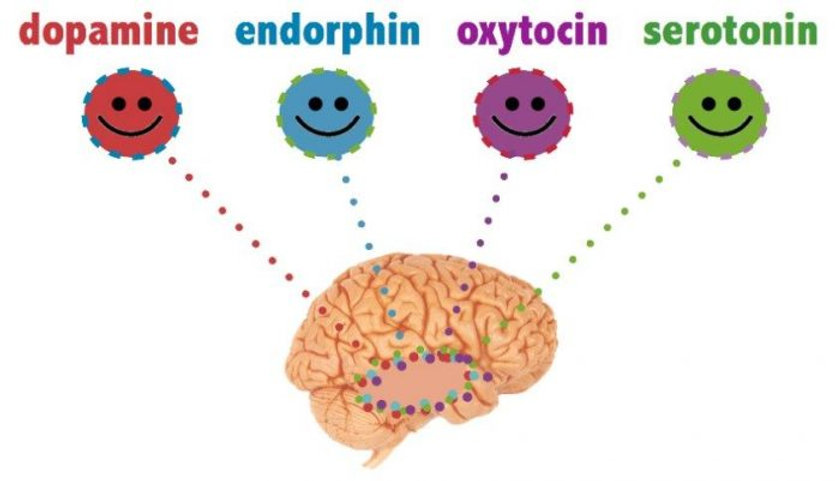
Hormones that determine financial behavior while making decisions under their influence
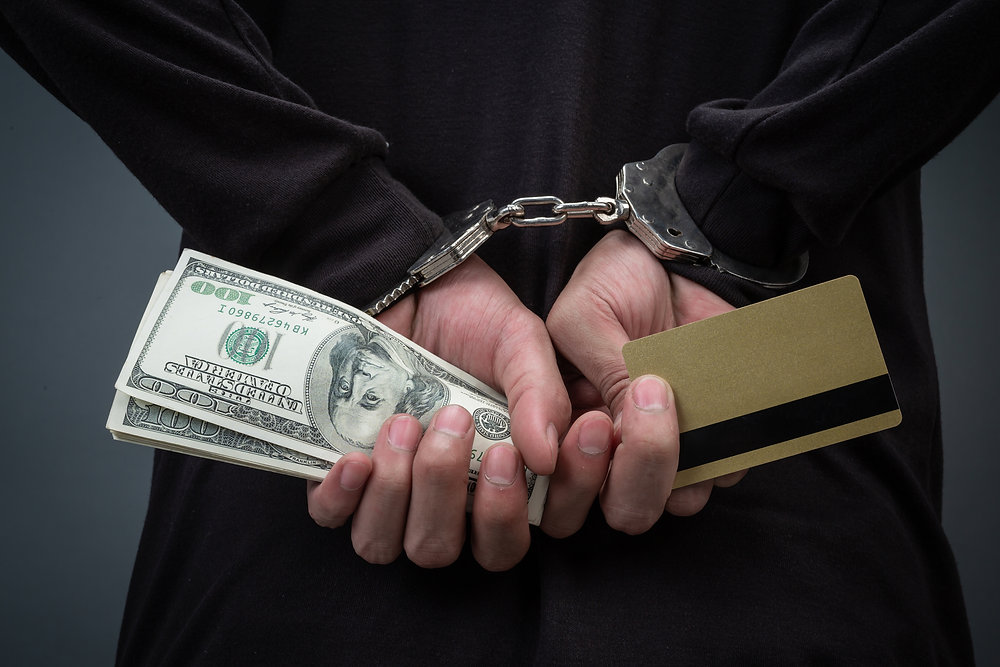
Payment methods Credits for consumption are getting rid of debt
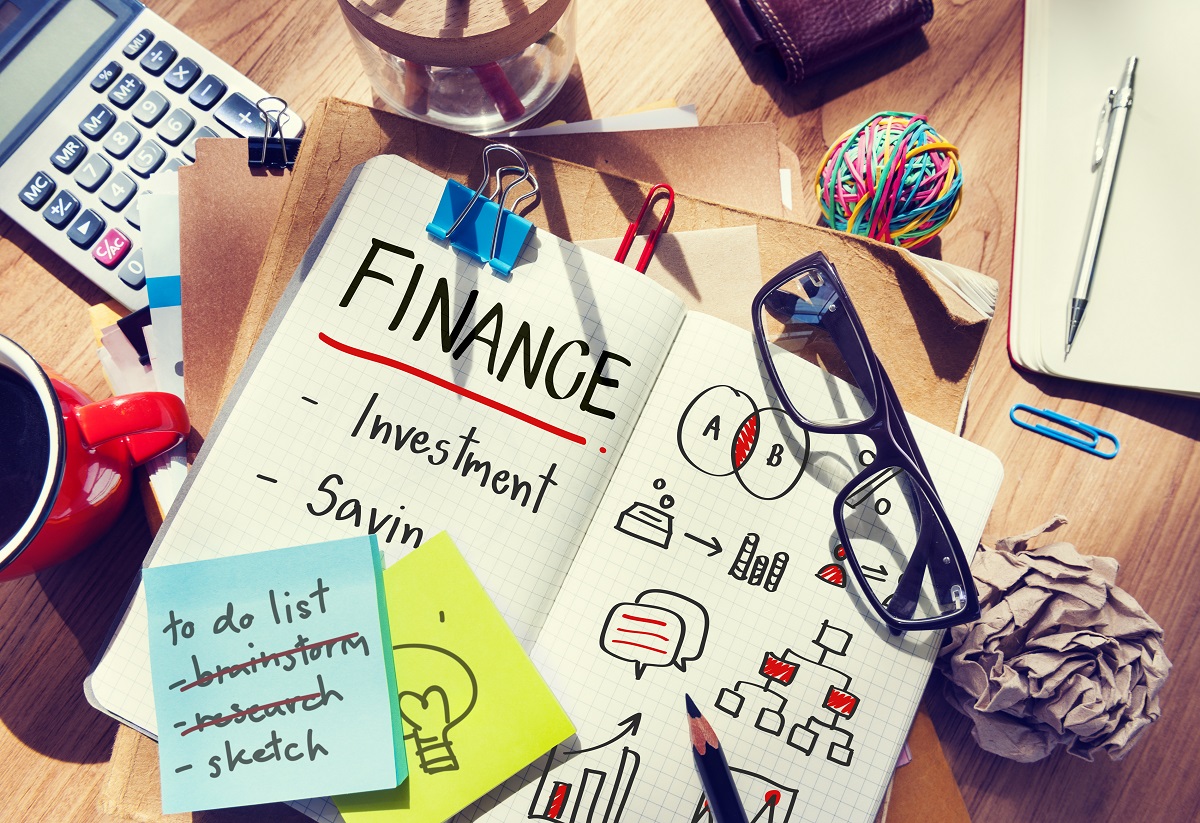
Financial education for beginners – Cursvalutar.ro
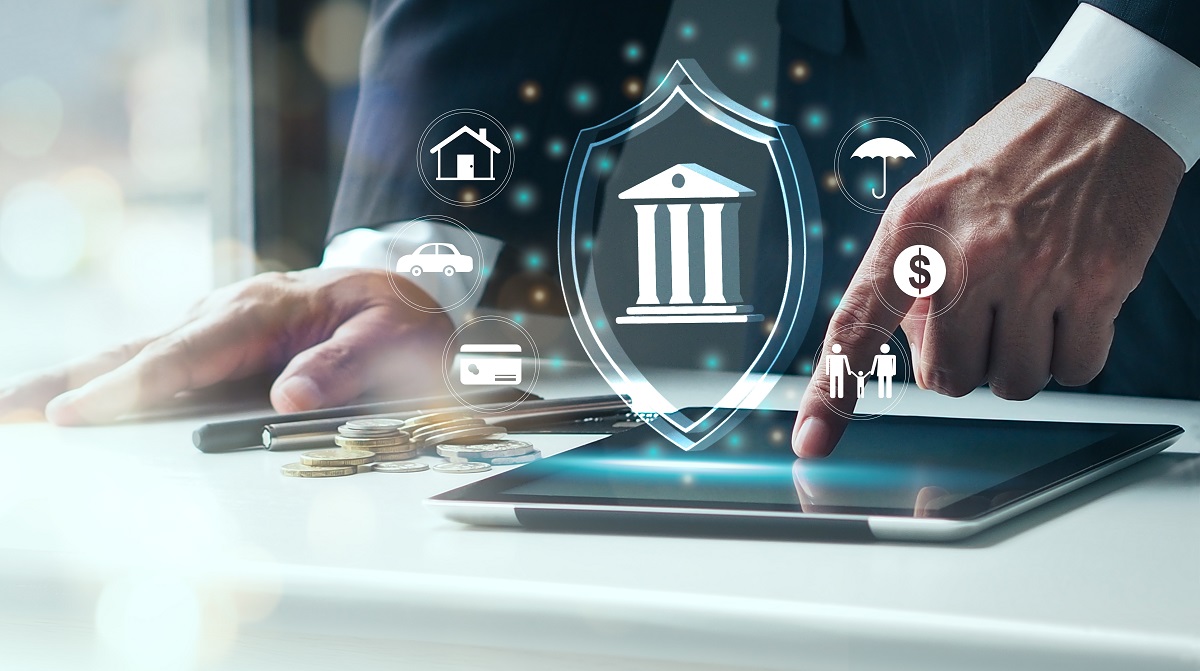
What are the banking guarantees and what risks has a guarantor
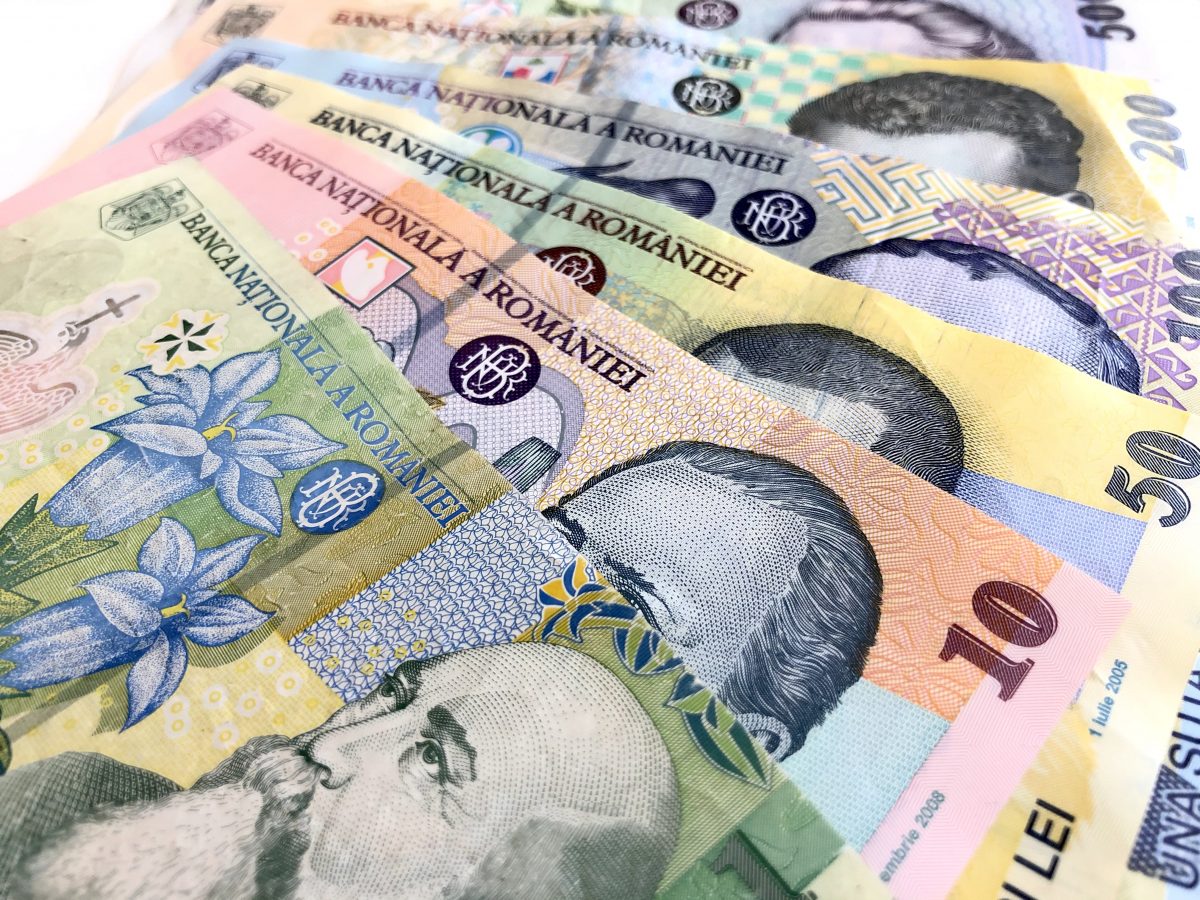
Credit Bureau – Everything you need to know

Comfortable contract: taxes and exemptions
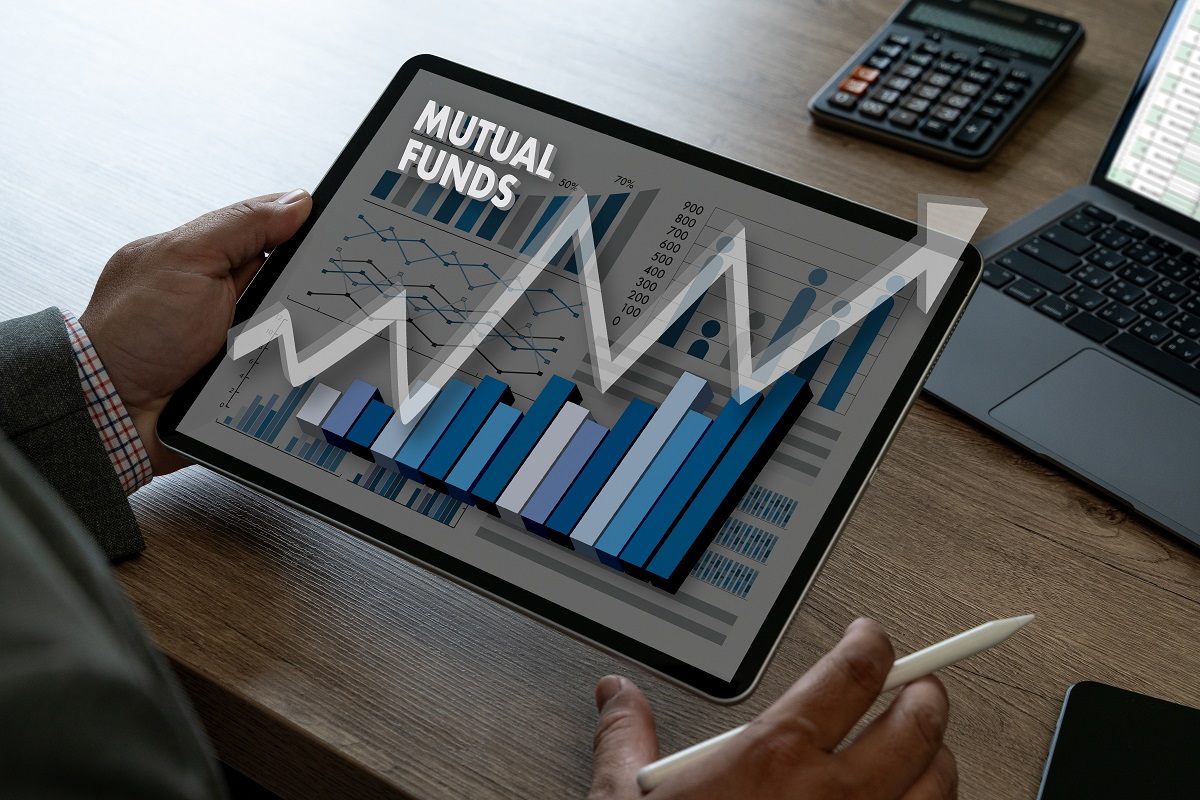
What they are and how it works

Strategies to withdraw money from investments
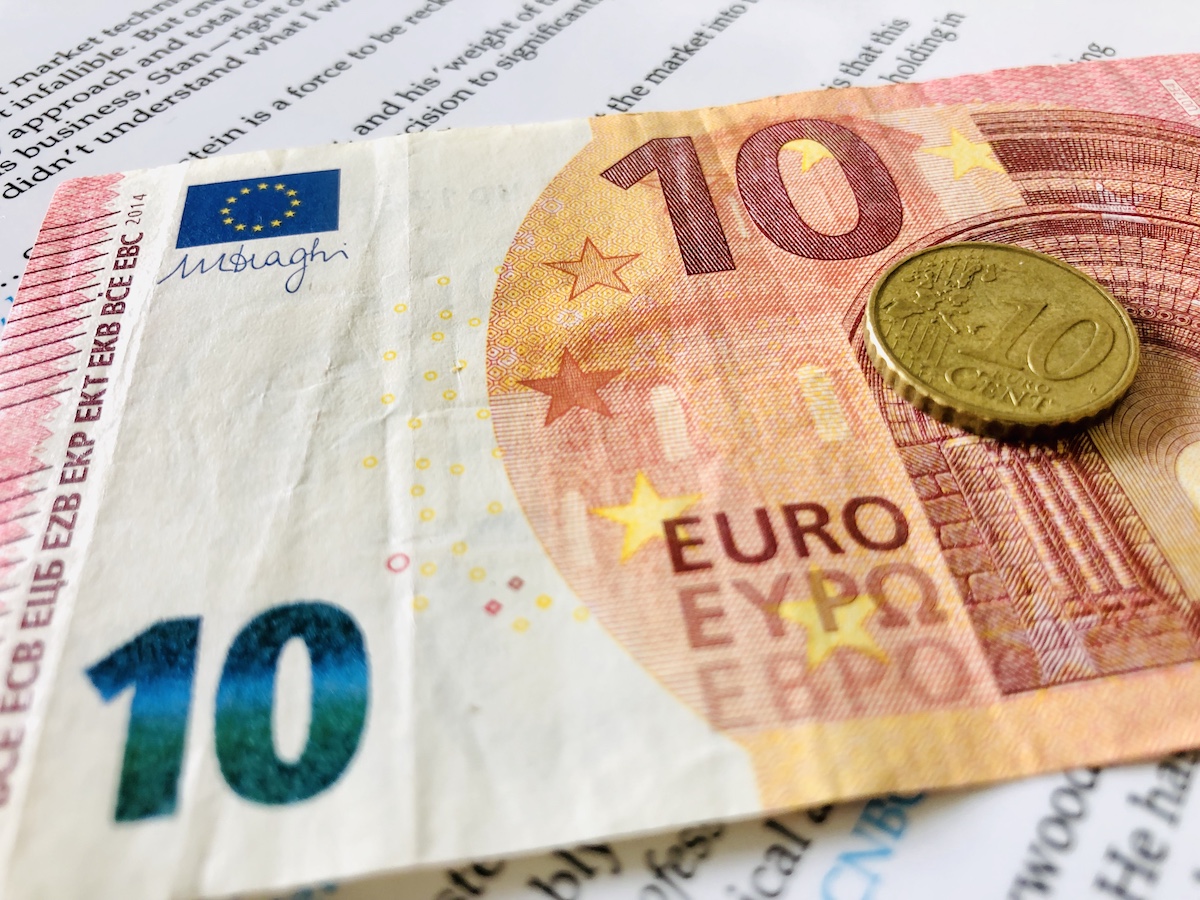
How to have a day without spending?

